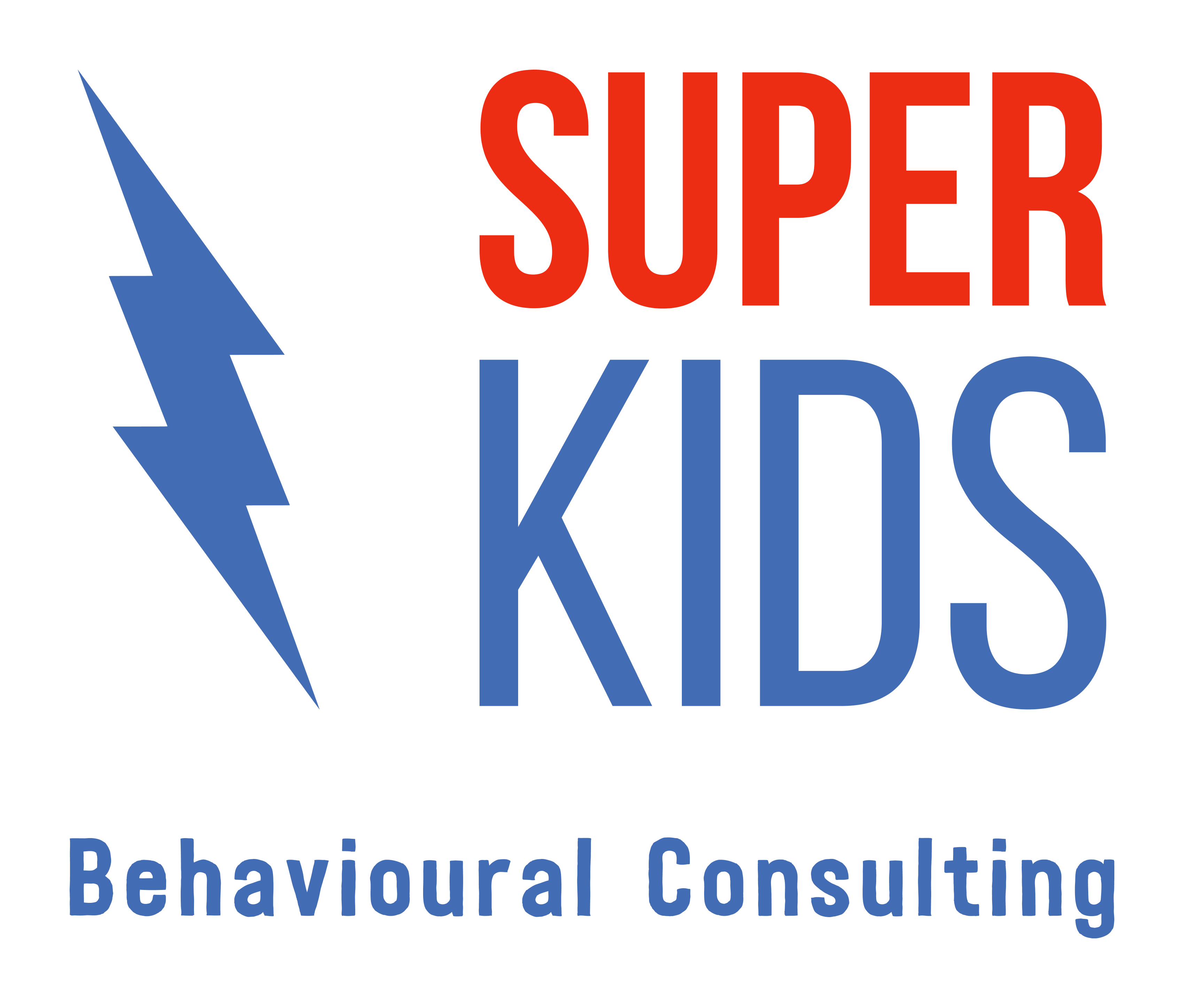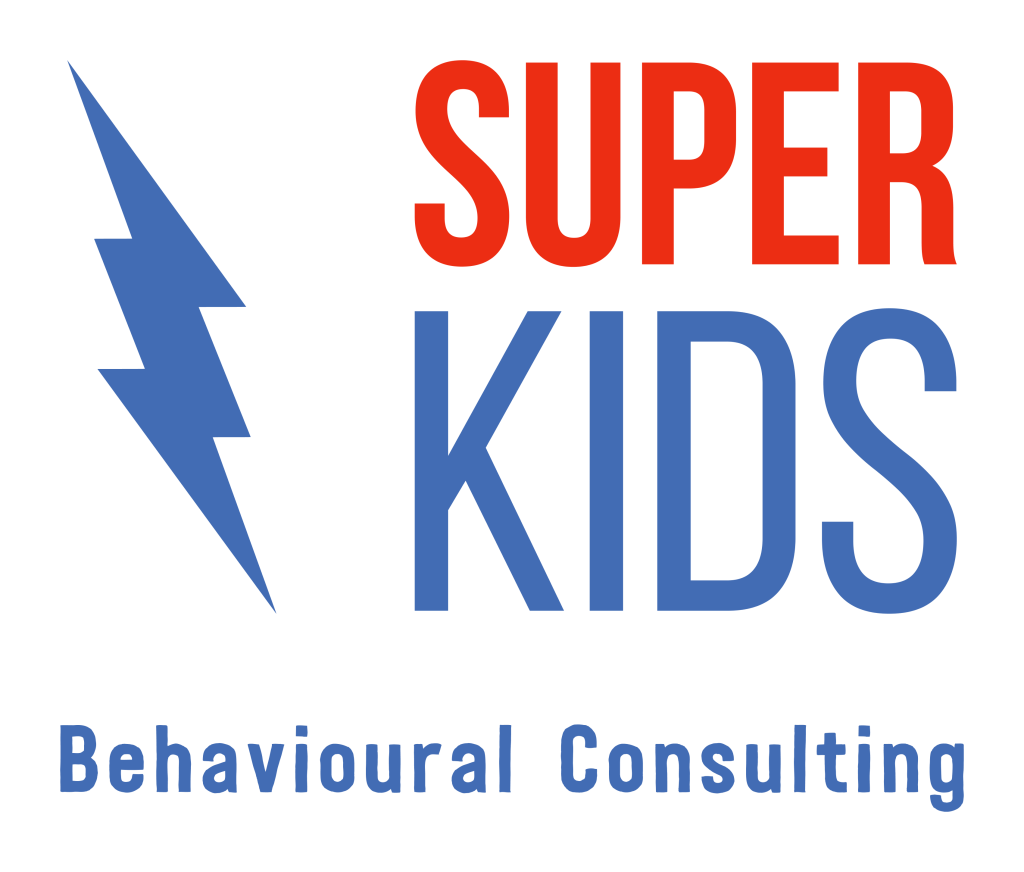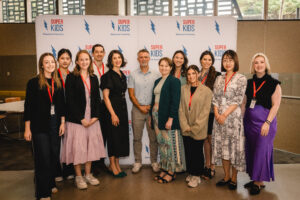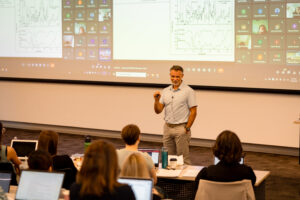Universal Protocols: The importance of Values based decision making

Mia Andrade
Senior Behaviour Technician

Values Based Practices in Todays ABA
At Super Kids, we believe that values based practices are a key element to effective and ethical teaching.
Our mission is to create a teaching environment that has an emphasis on:
- Safety – ensuring the learner and those around them including parents and carers, educator and staff are safe at all times
- Televisibility – the way we teach and interact with our learners should be something we feel proud to share, for example, if it were to end up on the evening news
- Rapport – social connectedness with our learners is of utmost importance because this positive relationship is a foundation for learning
- Dignity – we maintain our clients dignity at all times and show respect for them as fellow human beings
Today’s ABA is changing, with more clinicians understanding the importance of having a trauma-assumed approach, meaning we are sensitive to the likelihood trauma has occurred. We now know that we don’t need to “work through” or tolerate severe problem behaviors to get socially valid outcomes. Super Kid’s does this through proactive strategies and systems of interaction, developed by FTF Behavioural Consulting as Universal Protocols.
What are Universal Protocols?
Universal Protocols are the foundation from which services are delivered. They are a set of short term preventative strategies aimed at managing and reducing the likelihood of dangerous behaviours and typically used outside of sessions while we teach the skills required to reduce dangerous behaviour further. The Universal Protocols are what we implement in order to uphold the values described above. While the Universal Protocols are (as the name would suggest) applied universally, these are individualized further for each learner based on their preferences and specific challenges. It is crucial that we first understand our learner before we teach.
We do this by..
- Showing continuous positive regard and empathy – Even when learners are exhibiting challenging behaviour, we continue to respond positively and warmly, by understanding tones of voice and phrases “I know, you are working so hard. This is tricky!” and showing we are there for them, we’re on their side.
- Enriching the environment – Putting everything the child loves in the teaching space. This includes toys, sounds, activities that are preferred to the individual.
- Following the clients lead (Unless dangerous) –. Instead of interfering with their play, we want THEM to teach us how they like to play.
- Inviting the client to join in on activities – Providing opportunities to engage in day-to-day or educational activities, but asking them if they want to participate, instead of telling them.
- Limiting non- essential demands – Only present demands and instructions that are important to you in the moment and let everything else go.
- Making essential demands easier for the client – We can make essential demands easier by using supportive words, providing choices, incorporating preferences, giving warnings, helping them in the moment or showing them what they need to do.
- Provide what the child wants and other preferred items or interactions to de-escalate or turn off problem behaviour immediately. This is very important to keep the child and people around them as safe as possible and not put anyone in an undignified or unsafe situation.
Once we have more information on the clients preferences, dislikes and triggers, we can begin individualizing the protocol specifically for that child.
When do we begin teaching replacement skills?
Since Universal Protocols are short term strategies to keep your child safe, we do still need to teach other skills to your child so they can cope with the day-to-day demands and disappointments of life. Life isn’t always predictable and can be full of hardships. Once rapport is established and we’ve gathered information from parents, then we can begin the teaching process. At Super Kids, we want to proactively set learners up for success and minimize dangerous behavior whilst teaching long term replacement skills, such as communication, toleration and a variety of contextually appropriate behaviours.
Super Kids acknowledges each individual’s personal preference to use identity-first or person-first language to describe themselves or their loved one. We interchangeably use both language conventions and therefore refer to both Autistic children and children with Autism.






